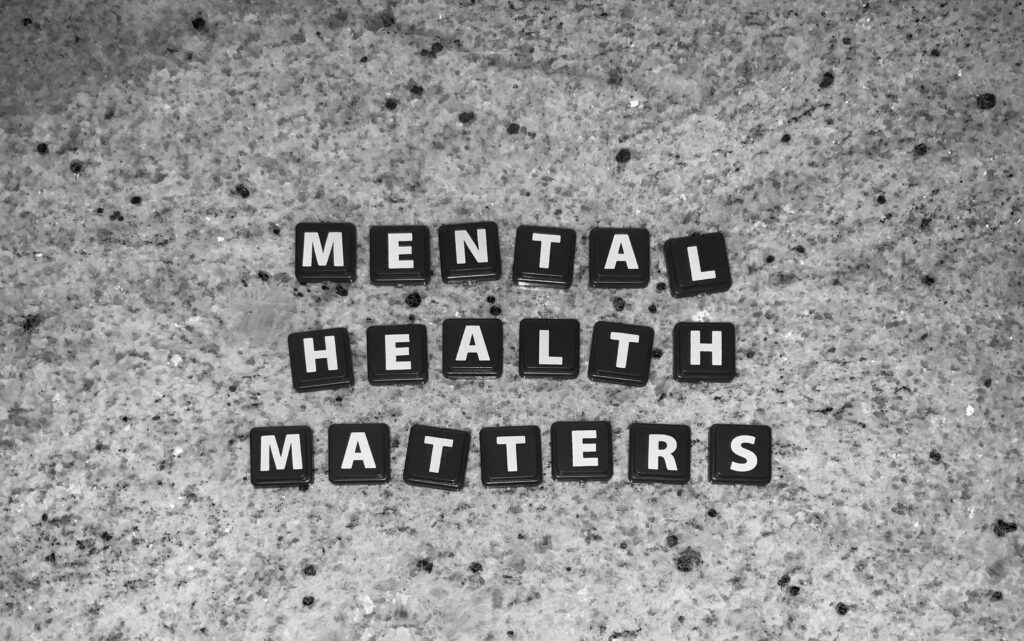Constantly reimagining education in our fast-paced and rapidly changing world is imperative for delivering high-quality education to our future generations. We cannot expect children to learn the same way and through the same processes we did while we were growing up. Even subjects as perceivably consistent as mathematics are evolving to focus on skill and character development, rather than merely getting the correct answer on a convoluted worksheet. In the fascinating film, Most Likely to Succeed, the standard pedagogy of how students learn is challenged through the demonstration of project based learning, socratic seminars, and freedom for teachers to instruct how they want and what they want as leading to highly achieving students in a standardized education system.
So what is stopping teachers from implementing this model in their schools? The impression I get from talking to teachers and viewing teacher grievances on social media is a tug-of-war struggle between teachers, administration, and parents. I think an issue that is not often discussed is that although teachers do have a fair amount of control in how they run their classroom, they are also reporting to administration who have guidelines and rules for teachers to follow. Additionally, each individual parent has an idea of how they would like their child to be educated, and flipping a switch on pedagogy is much easier said than done. In this film, parents share their unease with trying to balance their children learning important skills while still getting standardized education that can get them into good Universities. Although this film is set with older students, this kind of input and involvement is consistent throughout all elementary and middle school education as well.

As much as I am excited to teach the new BC curriculum and can already see the improvements in moving toward a system based on true learning rather than rote memorization and a hierarchical model of instruction, the complex dynamic between teachers and other stakeholders does cause me some concern. A good friend of mine is an EA in Canada, and through this pandemic has communicated how defeated they feel by how their school’s administration has handled taking care of their staff during this pandemic. With an allotted amount of sick time to use during the year which hasn’t wavered in the face of rising cases, how does the increased pressure of attendance affect worried teachers and their students? That may be an issue to discuss in another blog post; however, my point remains that with the many obstacles educators are juggling, changing pedagogy seems to generally fall lower on the priority list. I hope that when I am teaching, I will have the capacity to effect meaningful change while still prioritizing my mental health.
**I would also like to note that this is not in any way a jab at school administration. I have beloved family members who are in admin positions and acknowledge the difficulty of managing this pandemic. I also acknowledge that each individual has different experiences and there is no one-size fits all when it comes to this topic
As I come to a close on this post, a few questions remain:
~ How might a high-tech model such as in the film contribute to a more equitable graduating class entering the workforce?
~ Does this high-tech model adhere more productively to different learning styles of students?
~ How much power do teachers really have in effecting systemic pedagogical change? What other powers are at play?
Thank you for stopping by! Please feel free to leave a comment, I would love to hear your thoughts!
Ms. J

Leave a Reply
You must be logged in to post a comment.